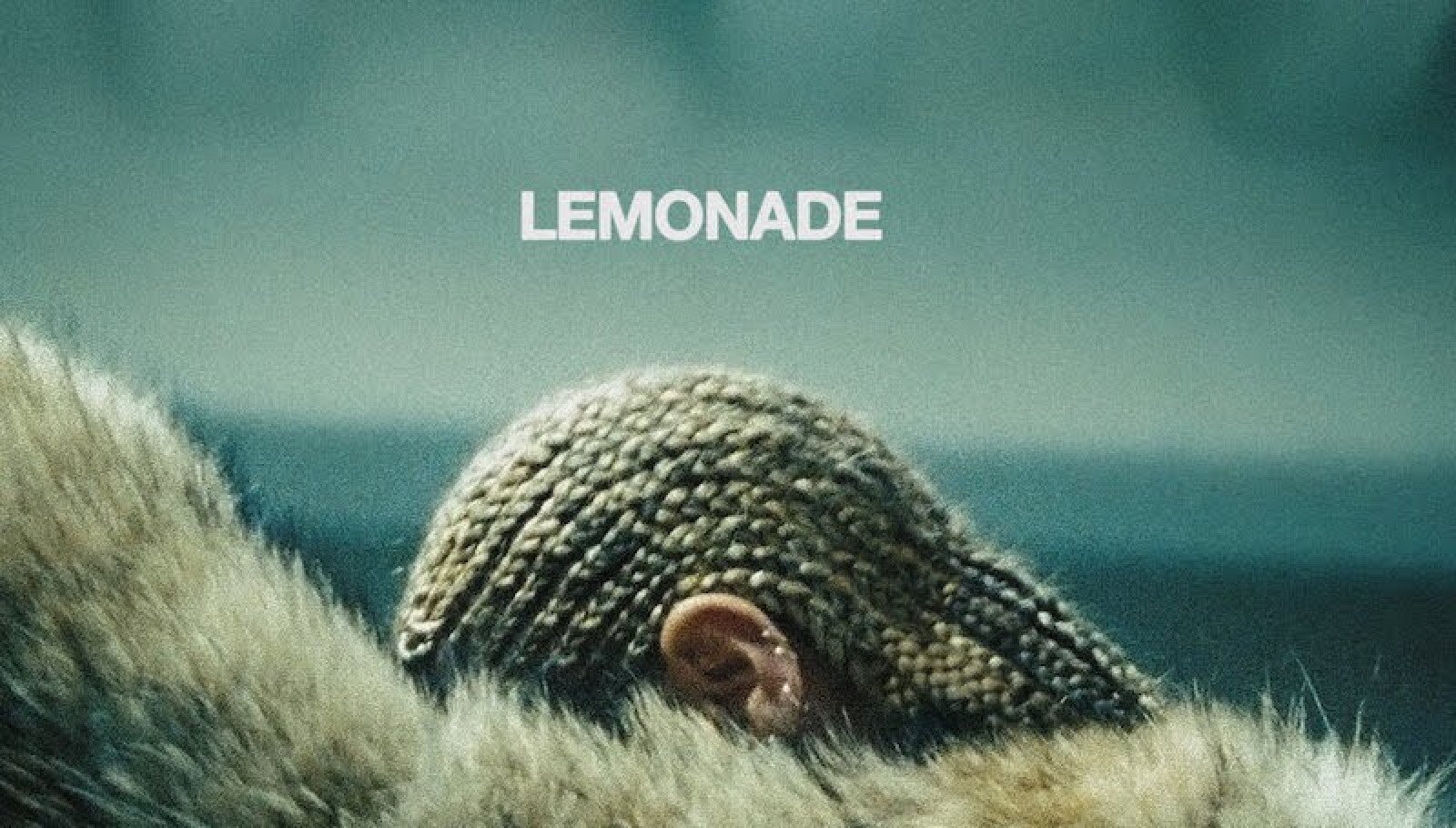Guest lecture by Ayanna Dozier on April 11, 2017, 4-6pm (public access) at University of Amsterdam
Beyoncé’s Lemonade (2016) uses the rich diasporic pool of Black cultural production to signify liberation, as a “self-making” act, through resistant performance in the audiovisual form. This master class and talk will analyze the staging, performance, and use of Black cultural production made in Lemonade as a pedagogical tool for resisting colonial spaces and domination. Black cultural production signifies the practice of making culture that collectively speaks to spaces, subjects, and experiences that are racialized as Black. In this context, Blackness signifies “the discursive work—cultural practices, social meanings, and cultural identifications—that black people use to negotiate and construct meaningful lives” (Gray, Cultural Moves 2005, p. 19). Black cultural production’s use of performance pushes objects and subjects beyond the confines of representation or occupation of being a “thing.” Objects are things, and as cultural historian Robin Bernstein notes, “performance is what distinguishes an object from a thing” (Racial Innocence, 2011, p. 74). Performance for Black subjects has a history of being as a used signifier for the radical possibilities of freedom that exist outside of the occupation of colonization, which reduces racialized subjects to things.
The guest lecture will follow a master class that focuses on temporality and rhythm in the audiovisual form produced by Black individuals. Steering away from a linear history on the music video, this class will instead focus on the different temporal shifts and citations that make up such contemporary long-form musical videos like Lemonade. Additionally, the class will focus on how Black women – who Jacqueline Bobo cites as a specific class of cultural readers – produce and create emergent content that is politically informed and formally transgressive. The class’ focus on the theoretical conception of rhythm in the audiovisual form is a way of linking the histories, temporalities, and memories associated with Blackness that are mapped into the audiovisual form. Thus, the cultural citations that Beyoncé draws upon are specific to temporal shifts and memories that are overlooked and, at times, forgotten due to colonialism’s dominating sphere of erasure and subjugation of racialized individuals. Frantz Fanon writes rhythm as an affect that defines the “world of motion” set against the petrifying stillness of colonialism. This class will attempt to map out how rhythm is mobilized in Black cultural production but it does not suggest – nor claim – rhythm as an essentialist characteristic of Black existence. Rather, the class will seek to understand how a “world of motion” defines and speaks to the conditions of racialized embodiment, and how the negotiation of that concept finds its way into the audiovisual form.

